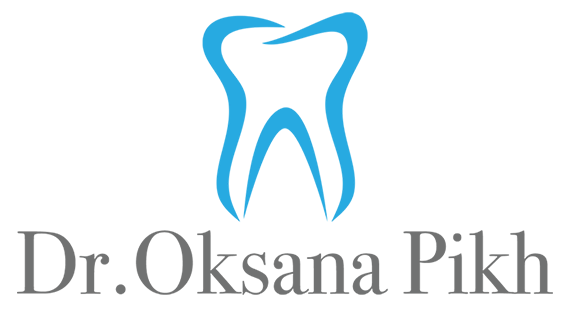If you’ve ever heard a clicking, popping or experienced an aching jaw, you might have a TMJ disorder. However, don’t worry, it is easy to have it diagnosed and treated with TMJ therapy. Read on to learn about the different treatment options.
What is TMJ?
The TMJ (temporomandibular) joint is a hinge that attaches your lower jaw to the base of your skull. Therefore, when the alignment is even a tiny bit off, the jaw will usually click, pop or cause pain when opening or closing the mouth. TMJ disorder can be due to teeth alignment issues, facial trauma or injury, jaw clenching and teeth grinding, or orthodontic issues.
Even more, other symptoms can include lockjaw (spasm of the jaw muscles, causing the mouth to remain closed) and pain in the face, neck or ear area.
Diagnosis
If you believe that you are suffering from a TMJ disorder, you need to get it diagnosed and treated immediately. The doctor or dentist will discuss symptoms and examine the jaw by:
- Listening and feeling when the mouth is opening and closing
- Observing
range of motion - Identifying areas of pain or discomfort with pressure
Once a problem is identified, a patient should do the following:
- Get an X-ray to examine the teeth and jaw
- CT scan for detailed images of the bones
- MRI to reveal problems with the joint’s disk and/or surrounding tissue
- TMJ arthroscopy, in which a small camera is inserted into the joint space to view the area
Treatments
Therapy to treat TMJ disorders include:
- Oral splints or mouth guards – This is a device that is placed over your teeth to prevent grinding. This gives comfort to the patient and does not cause any permanent changes to the structure or position of the jaw and teeth.
- Physical Therapy – Exercises to stretch, strengthen and relax jaw muscles to reduce the chance of injury and relieve pain
Counseling – Education andcounseling can help you to understand factors and behaviours that can aggravate pain
The last resort if other methods aren’t helpful is to get a surgical procedure such as:
- Arthrocentesis – Small needles are inserted into the joint where debris and inflammatory byproducts are removed by fluid irrigation.
- Injections – Corticosteroid injections are injected into the joint. Other times, botulinum toxin type A (ex. Botox) is injected to the chewing muscles to relieve pain.
- Open-Joint Surgery – If a structural problem is the cause, your doctor or dentist may suggest open-joint surgery to repair or replace the joint.
- TMJ Arthroscopy – A small thin tube is placed into the joint space, then an arthroscope is inserted and small surgical instruments are used to perform the surgery. This has fewer risks and complications compared to open-joint surgery, but it has limitations.
At Home Treatments
Habits such as jaw clenching, teeth grinding or chewing pencils
- Avoid overusing jaw muscles – Go for softer foods. Cut food into small pieces. Avoid sticky or chewy food, including gum.
- Stretching and massaging – Your doctor, dentist or physical therapist can show you exercises that stretch and strengthen the jaw muscles.
- Hot or Cold Compress – This may help to alleviate pain felt from TMJ disorder.
- Relaxing – Consciously taking slow, deep breaths relaxes tense muscles, reducing pain.
Other Options
Pain relievers, anti-inflammatories, tricyclic antidepressants, and muscle relaxants can be prescribed to help relieve TMJ disorder pain. Likewise, acupuncture (thin needles are inserted in specific locations of the body) has shown results in treating chronic pain and could be performed
Your doctor or dentist may ask additional questions based on your symptoms, needs etc. To make the most of your time, prepare and anticipate common questions beforehand. Because, once a TMJ disorder is identified, proper treatment is helpful in recovering quickly.
In conclusion, if you need more information or if you have any questions, please contact us!
